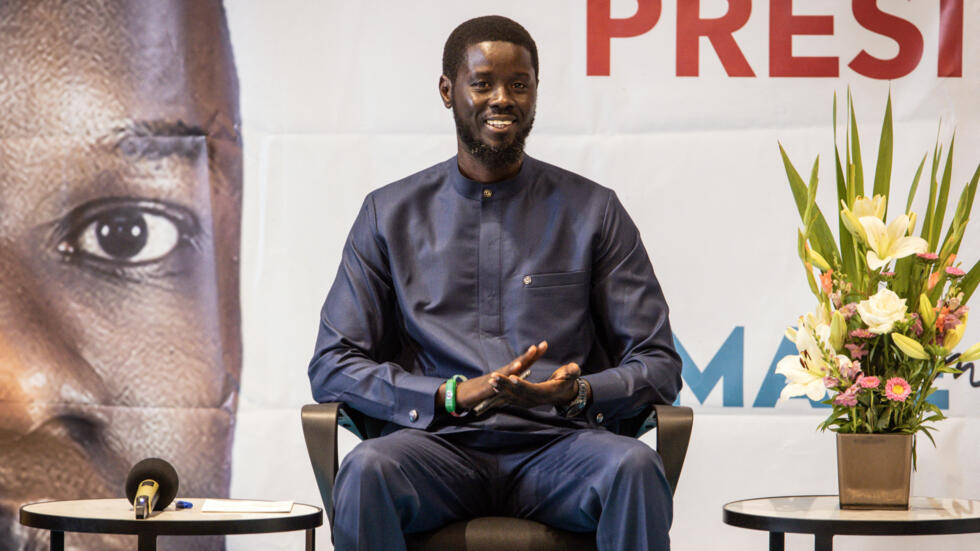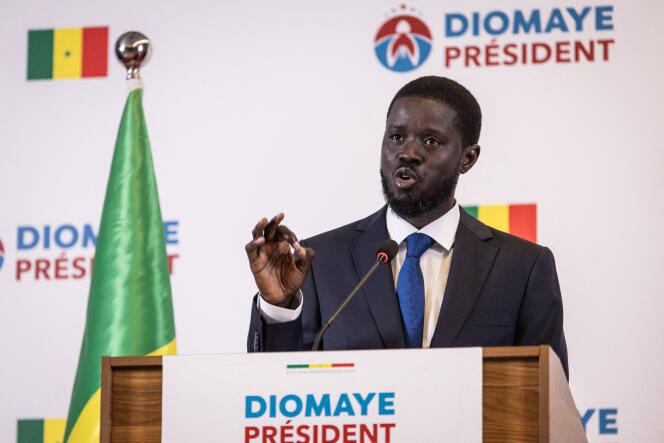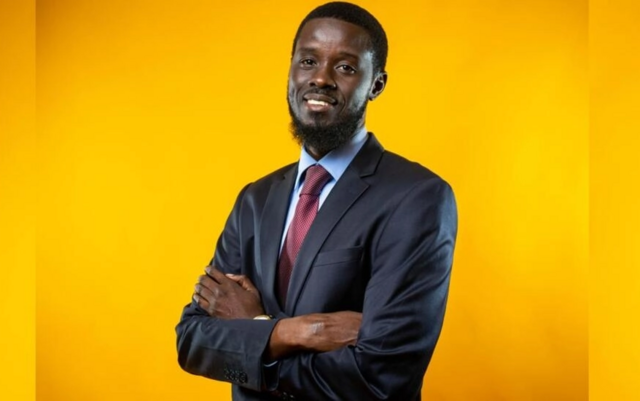Senegal’s New Chapter: Bassirou Diomaye Faye’s Presidency Signals Economic Shift

DAKAR, Senegal – In a landmark victory, anti-establishment candidate Bassirou Diomaye Faye of the PASTEF party is poised to reshape Senegal’s economic landscape following his significant win in the recent presidential elections. Garnering an estimated 57% of the vote in the first round, Faye’s presidency heralds a potential new direction for the West African nation, long considered a beacon of stability in a region plagued by political upheavals.
A New Economic Vision
Faye’s ascendancy to the presidency marks a stark departure from the business-friendly policies of his predecessor, Macky Sall, who led the country since 2012. The incoming president has vowed to renegotiate Senegal’s critical oil and gas contracts with international firms, advocating for greater national control over its resources to prevent what his campaign has termed “economic enslavement.” This approach suggests a broader shift towards prioritizing national interests in Senegal’s economic policies.

President Bassirou Diomaye Faye – Policy Shifts on the Horizon
Global credit rating agency S&P Global predicts that Faye’s administration will revisit and potentially modify or cancel parts of the Plan Senegal Emergent (PSE), the outgoing administration’s flagship development initiative. The agency also forecasts challenges in relations with multinational corporations, given Faye’s campaign promises, including the complete renegotiation of hydrocarbon contracts.
Currency Reform and Regional Integration
Initially proposing the introduction of a new currency to replace the CFA franc — seen by many as a relic of French colonial control — Faye has since adjusted his stance towards seeking “reform” within the ECOWAS bloc. Despite the critical view of the CFA franc, its role in ensuring exchange rate stability and low-interest rates has been broadly recognized. Analysts highlight Faye’s pragmatism, especially regarding the ECOWAS commitment to launch the common Eco currency by 2027, suggesting a careful approach to monetary reform.
ALSO READ: Senegal’s Election: A Crossroads for Business and Democracy
Investor Confidence and Political Stability
Despite concerns over potential political volatility, particularly related to Faye’s anti-corruption campaign, the market’s initial reaction to his election has been notably positive. Investment professionals in Dakar express optimism about Senegal’s economic future under Faye’s leadership, emphasizing the importance of institutional strength and the promise of governance reforms to attract further investment.

Enhancing Democratic Space
Bassirou Diomaye Faye’s victory is also seen as a significant endorsement of the independence of Senegal’s institutions and the vibrancy of its civil society. Analysts expect the new administration to broaden the democratic space that had been perceived as narrowing under the previous regime, thereby reinforcing Senegal’s position as a model of democratic governance in the region.
ALSO READ: A Dynasty in the Making? Uganda’s Presidential Legacy and the Rise of Gen. Muhoozi Kainerugaba
Looking Forward
As Senegal embarks on this new chapter under President Bassirou Diomaye Faye, the international community and Senegalese citizens alike watch with keen interest to see how these promised reforms and new economic directions will unfold. The nation stands at a crossroads, with the potential for significant economic and political revitalization that could further cement its status as a pillar of stability and prosperity in West Africa.








Responses